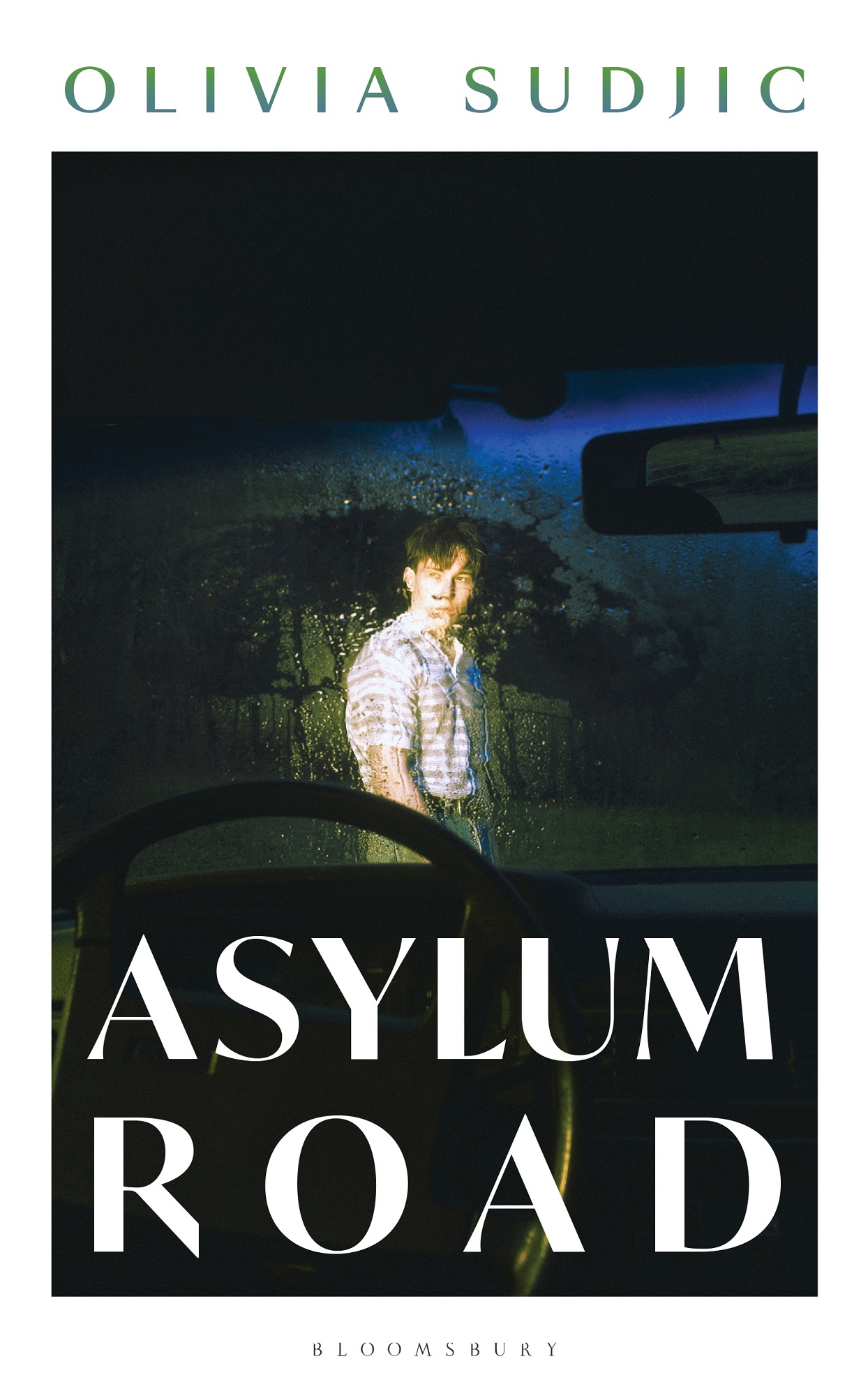In Asylum Road, Olivia Sudjic's third book, everything is purposeful, each loaded gun introduced just waiting to go off. It has something of the lightness of Rachel Cusk, but is loaded with the weight of Balkan history which cannot be suppressed. As the book progresses, it evolves and twists, each certainty shifting and dropping out of sight.
Asylum Road begins melodramatically, with the banal act of listening to true crime podcasts dripping with potential violence. Anya (the protagonist and narrator for all but a small section of the book) and her boyfriend, Luke, become engaged, but don’t seem to like each other. It feels, at points, as though something horrific is going to happen between them. However, as the novel progresses, the reader becomes very aware that Anya’s voice might not be reliable. The violence is a relic of childhood trauma; she was raised in a besieged and divided Sarajevan family, then sent away to Scotland at a young age. Later on, we are introduced to Anya’s mother, who has the clinical inability to remove herself from that conflict. Anya is in the same position, albeit unwittingly, the violence seeping into her view of the world. She can never divorce herself from the early rupture rippling through her present.
 Anya seems almost to be a palimpsest, denying her own past and at times, her own existence. She seems curiously blank, trying to mould herself into what Luke, her classically millennial, safely middle class boyfriend, and his parents want her to be, but never quite managing to blend in. She is introduced alongside Luke as they drive down through France. Her artificial adaptation becomes even clearer when she visits her Balkan family; her name changes to the Slavic Anja. When she travels to Sarajevo, the pieces of the puzzle seem to move closer together, but there is always something missing, something irreconcilable about her. Even in her homeland, she is not quite right.
Anya seems almost to be a palimpsest, denying her own past and at times, her own existence. She seems curiously blank, trying to mould herself into what Luke, her classically millennial, safely middle class boyfriend, and his parents want her to be, but never quite managing to blend in. She is introduced alongside Luke as they drive down through France. Her artificial adaptation becomes even clearer when she visits her Balkan family; her name changes to the Slavic Anja. When she travels to Sarajevo, the pieces of the puzzle seem to move closer together, but there is always something missing, something irreconcilable about her. Even in her homeland, she is not quite right.
When Anya is called back to the Balkans, her carefully constructed, white-walled life begins to crumble. She loses her phone and her thesis notebook on the plane, essentially losing her mooring to her life in the UK. However, as much as she is cast adrift, it is clear that there is some part of her (subsumed in the UK) that fits into the chaos of life in the Balkans. By contrast, Luke is an awkward and unwilling adjunct to her visit; when faced with the full reality of his fiancé’s past, he cannot cope. Their visit becomes the catalyst for fundamental change in Anya’s life, but this is not the sort of book that offers a neat, cosy, happy ending. Asylum Road is a good challenge to the literary trope of reconciliation and repair through acknowledgement of a past trauma. It offers no easy solutions and carries well the essential truth that violence can sometimes never leave a person’s life.
Asylum Road hints at bigger things, to geographical and ideological divides. It shows the reader that although the battlefield has changed and is at times internalised, it is always there. It is an excellent, suspenseful look at how seeming perfection can hide trauma and, ultimately, dissolution.
- Asylum Road by Olivia Sudjic (Bloomsbury Publishing, £14.99)
- More book reviews on theartsdesk















Add comment